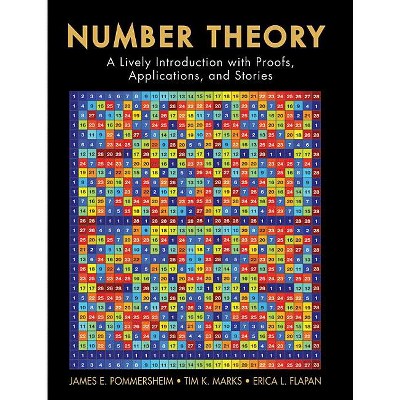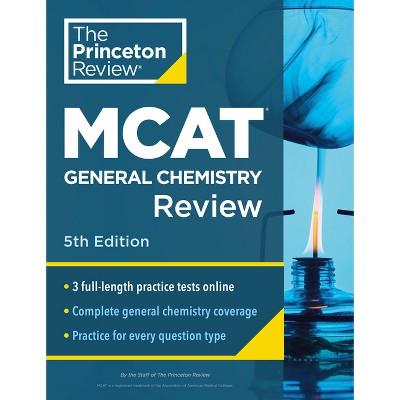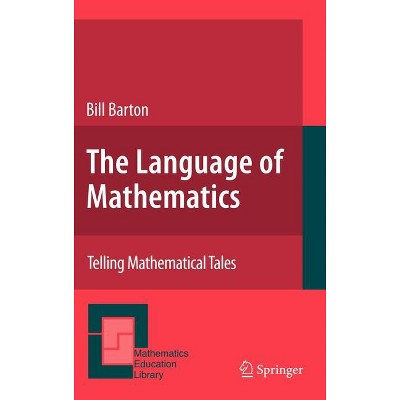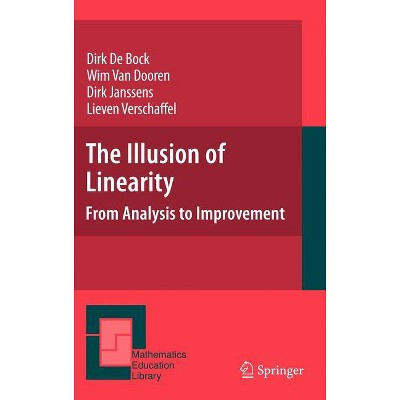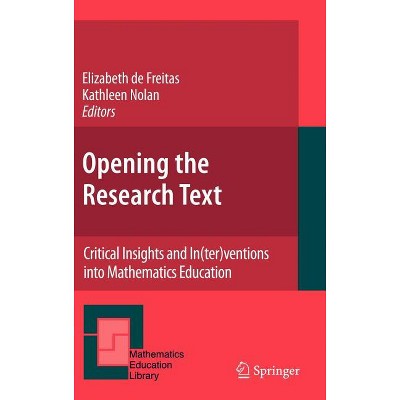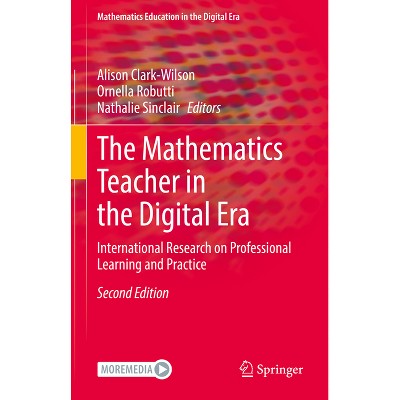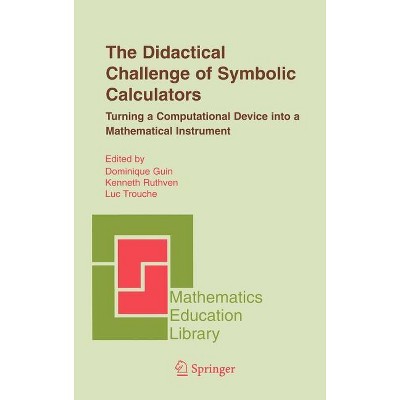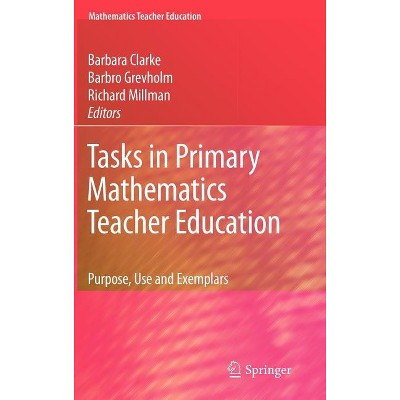Sponsored

New Directions for Situated Cognition in Mathematics Education - (Mathematics Education Library) by Anne Watson & Peter Winbourne (Hardcover)
In Stock
Sponsored
About this item
Highlights
- This book draws together a range of papers by experienced writers in mathematics education who have used the concept of situated cognition in their research in recent years.
- About the Author: Anne Watson is Reader in Mathematics Education at the University of Oxford.
- 360 Pages
- Education, Teaching Methods & Materials
- Series Name: Mathematics Education Library
Description
Book Synopsis
This book draws together a range of papers by experienced writers in mathematics education who have used the concept of situated cognition in their research in recent years. It provides an up-to-date overview of developments and applications to which other researchers can refer and which will inspire future research. The book examines the present state of the field, the papers all relate to situated cognition, showing how its application to mathematics education has matured and become usefully embedded in our approach to central issues about learning mathematics.
From the Back Cover
New Directions for Situated Cognition in Mathematics Education
Edited by Anne Watson, University of Oxford
Peter Winbourne, London South Bank University
New Directions for Situated Cognition in Mathematics Education gathers current situated cognition theories as applied to the teaching and learning of mathematics by major thinkers in the field. Arranged to be read cover to cover or by the individual chapter, this unique volume examines situated cognition in all levels and contexts of math instruction, in traditional school settings, in adult education, at home, on the job, or on the street. Well-known authorities explore beyond traditional concepts of good practice and the relationship between knowledge and the learner while synthesizing insights from related perspectives, including semiotics, activity theory, ardinas practice, and Moll's concept of funds of knowledge. The emphasis is not merely on achieving standards or even gaining skills, but on learning as a lifelong activity as chapter authors address such questions as:
- What can math teachers do to make learning vital to children's identity?
- How does situated cognition relate to tacit knowledge?
- In what ways are mathematical abstractions situated?
- Can vocational math skills be learned away from the workplace?
- How is mathematics knowledge transferred from the class to the home environment?
New Directions for Situated Cognition in Mathematics Education provides a diverse, well-organized resource for educators, researchers, and students to approach this powerful theoretical strand.
About the Author
Anne Watson is Reader in Mathematics Education at the University of Oxford. Before that she taught for many years in maintained secondary schools which served socially diverse areas. She now works in teacher education, and her work with students, and in local schools, and her research is characterised by a concern for social justice through education. In particular, the nature of mathematics classrooms and adolescents' relationships within them are a central concern. She has published numerous books, articles and papers for both professional and academic audiences and is often asked to talk to national and international audiences of researchers and practitioners.
Peter Winbourne currently lectures in mathematics education at the London South Bank University. After a long career teaching mathematics in inner city multicultural maintained schools, his passion for mathematics and social equity took him into teacher education, preparing people to work in similar schools. His interests developed from specific focus on the uses of new technologies to support learning to answering difficult questions such as why people should bother to learn at all. In answering these questions he has developed his understanding and ideas of theories of situated cognition, seeing these as illuminating the experiences of individuals as they become the people they are going to be.
Shipping details
Return details
Trending Non-Fiction


